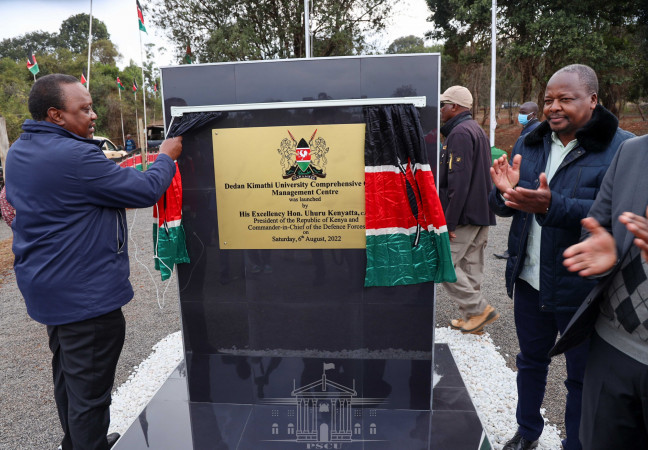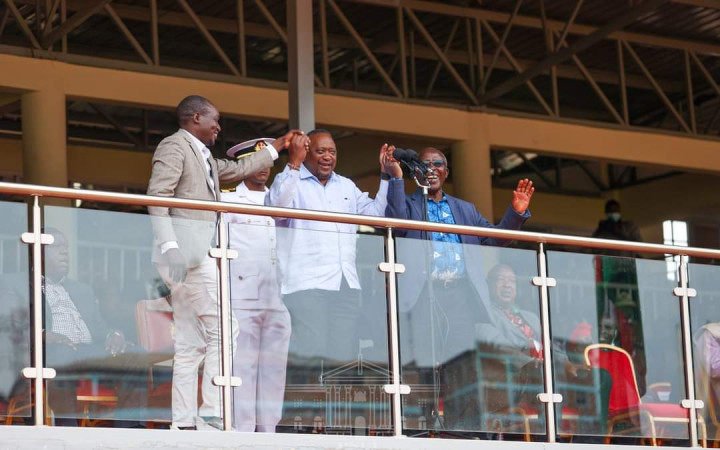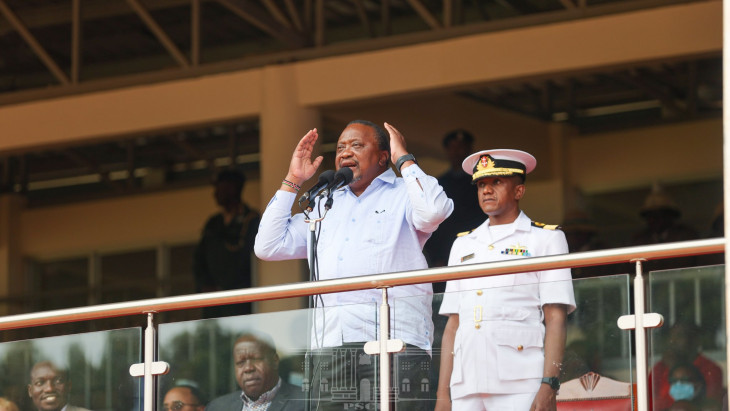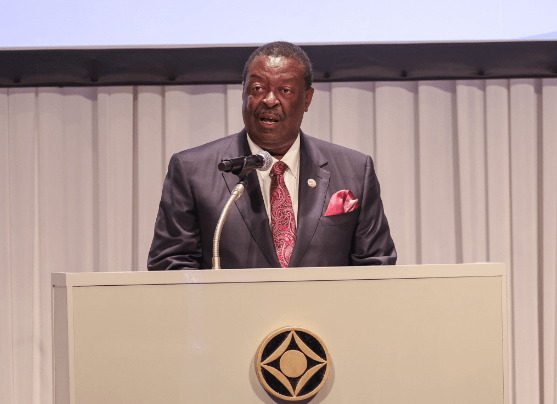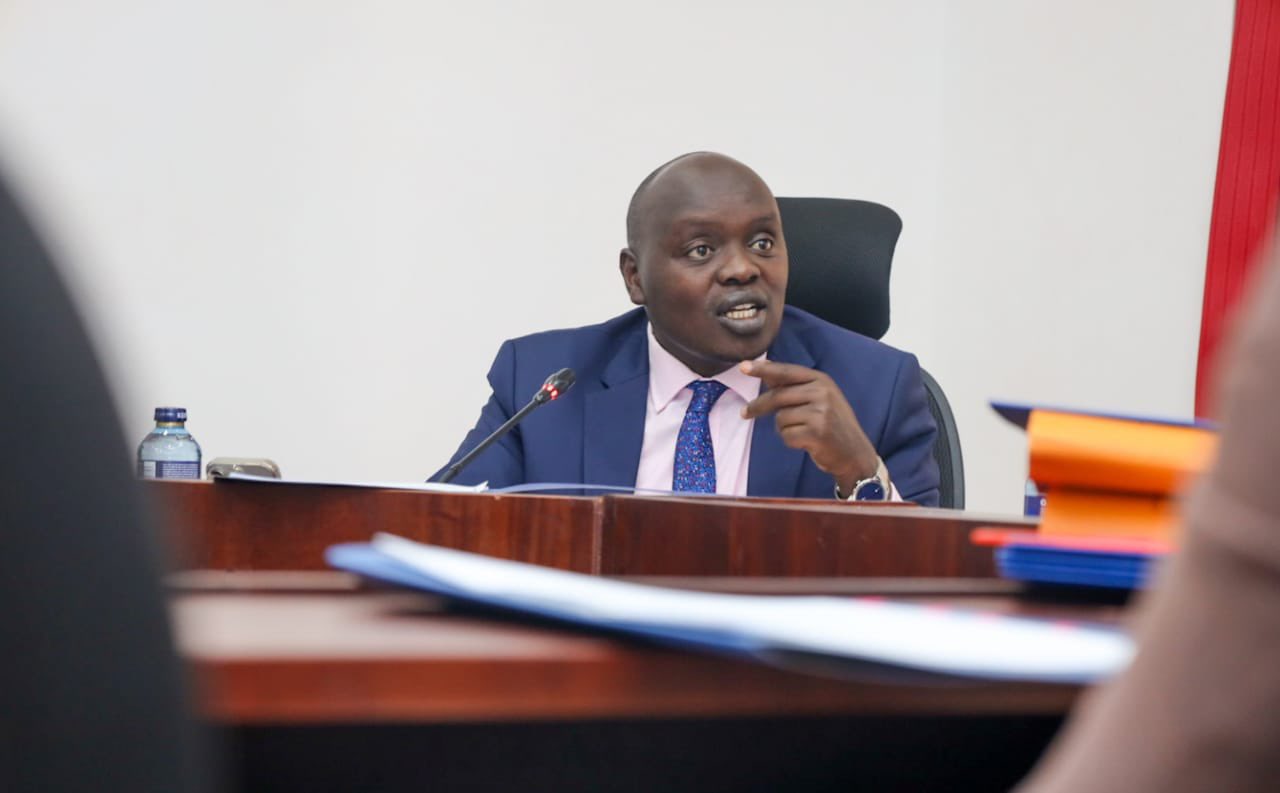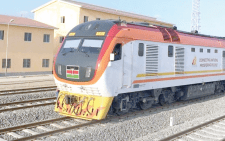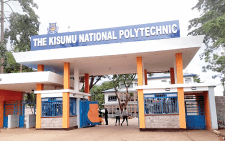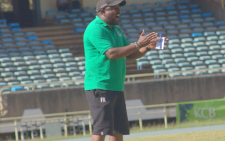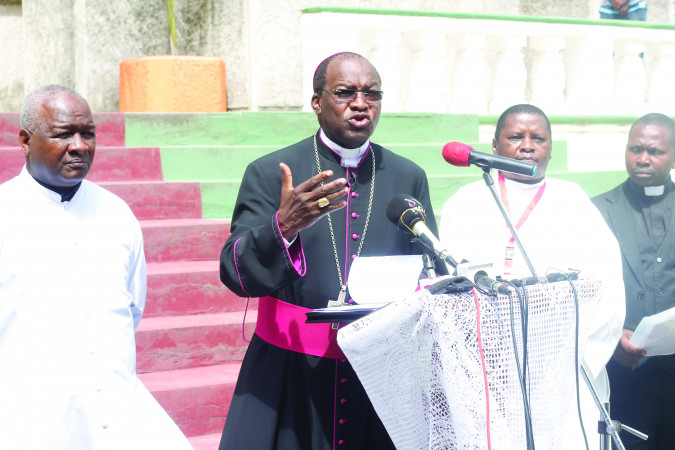Schools in limbo over funds, safety amid Covid-19 resurgence
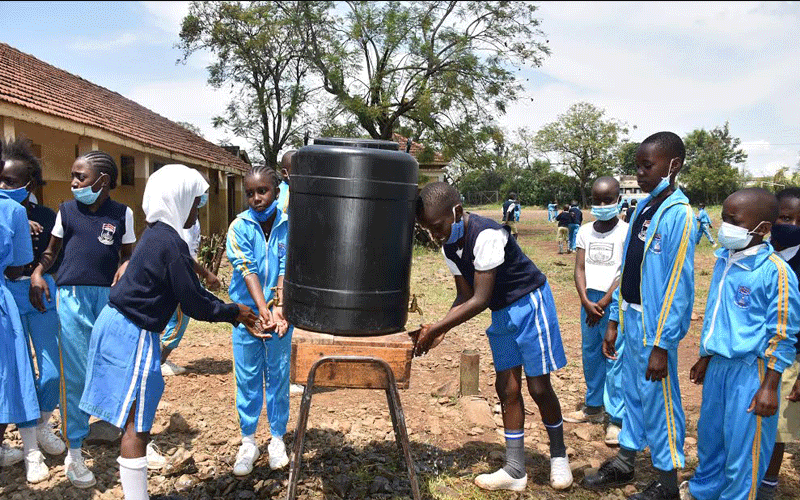
Kenya Secondary Schools Heads Association (Kessha) has raised alarm over looming crisis particularly in boarding schools over low response in fees payment by parents.
The association chairman Kahi Indimuli says public schools are trying to cope with a major challenge in fees payment, which is affecting operations in the face of Covid-19 pandemic.
Indimuli points out that parents are reluctant to pay school fees following the directive by Education Cabinet Secretary Prof George Magoha that no student should be sent home for lack of school fees.
Consequently, Indimuli is concerned that most public schools are already staring at a financial crisis in their operations a month after learning resumption.
“Parents have the obligation to pay fees for their children to cover Term Two and if possible clear first term arrears to enable schools run effectively,” Indimuli told Scholar.
“They (parents) seem to be taking advantage of the CS directive, failing to understand that the government only pays tuition fees, noting that some schools are facing food shortage and are unable to sustain utility costs,” he added.
Education crisis
At the same time, the association wants the Ministry of Education to deploy health personnel in schools to help manage the Covid-19 situation saying early detection and containment of rising coronavirus cases in schools.
“Medical issues require medical solutions. Let the ministry not wait until the current situation in schools turn into an educational crisis,” he warned.
The Kessha boss also called on the government to enhance teachers’ health insurance to cover the Covid-19 pandemic.
“Teachers should be treated as frontline workers because of the nature of work they do,” he said, adding that teachers, especially the elderly are predisposed to the virus, hence they should be taken care of in the health scheme.
The association cites social distancing and wearing of face masks by learners as another daunting challenge in schools since reopening.
Indimuli says schools are experiencing difficulty implementing social distancing and proper wearing of masks as one of the health protocols to curb the spread of Covid-19.
Keeping them socially distanced or properly wearing masks, given the nature of children, especially primary school learners is almost impossible.
“They are not used to wearing face masks. Teachers have to keep on reminding them of the regulation at all times,” he says.
In Siaya county, the pandemic has rear its ugly head in some schools as eleven Covid-19 cases were reported at Maranda Boys High school a fortnight ago and neighbouring schools after the Ministry of Health officials in the county conducted targeted testing.
Under control
County director of education Wamacho Khamala said learners and teachers in the affected schools are doing well.
The first student from Maranda High School in Bondo, Siaya county who tested positive for the virus is out of danger and is ready for discharge back to school to continue with his studies.
The same applies to a Grade Four pupil at Siaya Central Primary School.
He added that two non-teaching staff at Siaya Township School, a teacher at Lwak Secondary School also tested positive, but are out of danger and that the rest of the samples tested negative.
Further, Wamocho says a teacher at Nyamninia Mixed Secondary School tested positive for the virus and isolated.
“There is, therefore, no cause for worry, affected students are better handled on the basis of ‘where is as is’ than going back home.
But schools still need more support towards containment of the virus,” he explained.
The director called for calm among parents with children in schools within Siaya county, noting that the institutions were safe and that they had been fumigated following reports of Covid-19 cases in the county.
“But generally, learning in schools across Siaya is up to date,” added the education boss.
In the neighbouring Busia county, there was panic after 52 students at Kolanya Secondary School were infected with the virus.
Six teachers and two non-teaching staff of the school were also reported to have contracted coronavirus.
Governor Sospeter Ojaamong said the cases came from 100 random tests carried out in the school and those infected were receiving care at an isolation centre within the institution.
In Kiambu county, however, most learning institutions are ready for further reopening owing to additional facilities that have been put in place.
Most schools in Gatundu North, South, Ruiru, Kiambaa and Kiambu town have received additional learning facilities courtesy of National Government Constituency Development Funds.
Among the facilities are dormitories, classrooms, lavatories, staffrooms and hand washing units that could be paramount when all learners resume studies in January.
“Since the onset of Covid-19, we have devoted money in preparing our schools to accommodate more learners once the full reopening resumes in January.
We have put in place new classes, libraries and dormitories to ensure that our learners’ study in safe environments,” Gatundu North Member of Parliament Wanjiku Kibe said.
She, however, said the constituency was facing challenges in purchasing Personal Protective Equipment (PPEs) necessary to protect learners from contracting the disease as directed by President Uhuru Kenyatta since the 2020 financial year budgeting had already been done and money allocated to various projects.
During his recent nation address, the Head of State called on MPs to use the resources available at the constituency level to support the nation’s bid in preparing the schools for the reopening.
“We have an emergency funds, which we propose to use alongside doing some allocations to purchase the necessary items just to ensure that learning is not interrupted,” she added.
In Thika Sub-County, 98 per cent of learners managed to report back in the first phase of schools reopening with the rest failing due to early pregnancies, lack of school fees and domestic feuds.
Sub-County director of education Ronald Mbogo says most students have received their yearly capitation from the government.
“We are also encouraging parents who have not paid their children school fees to continue clearing the debts even as we continue to urge school heads to be lenient with parents and avoid sending children back home,” said Mbogo.
“Apart from the normal health measures to keep the virus at bay, we are urging learning and other education players to observe safe practices.
We all have a responsibility to continue protecting ourselves from the deadly virus,” added Mbogo.
Stimulus package funds
Meanwhile, the Kenya Private Schools Association (KPSA) wants the government to hasten the process of delivering stimulus package funds to help the institutions stay afloat.
KPSA head, Peter Ndoro, said private schools are struggling to meet their operations costs in the wake of the biting financial crisis occasioned by the prolonged closure of schools due to the Covid-19 pandemic.
Private schools had sought a Sh7 billion grant from the government to sustain their operations during the pandemic.
“We remain hopeful the government will heed our request and deliver the grants in time to enable private schools to be up and running,” he said.
Ndoro states that fees paid by learners in the two classes that reopened cannot support the general running of the private schools operations.
He adds that private schools are a major contributor to the country’s economic growth hence the need for necessary support that will enable them remain in business.
The KPSA boss reiterates that the academies have ensured strict compliance with the covid-19 health protocols to guarantee safety of learners amid the surging cases in schools. Additional reporting by Mathew Ndung’u
